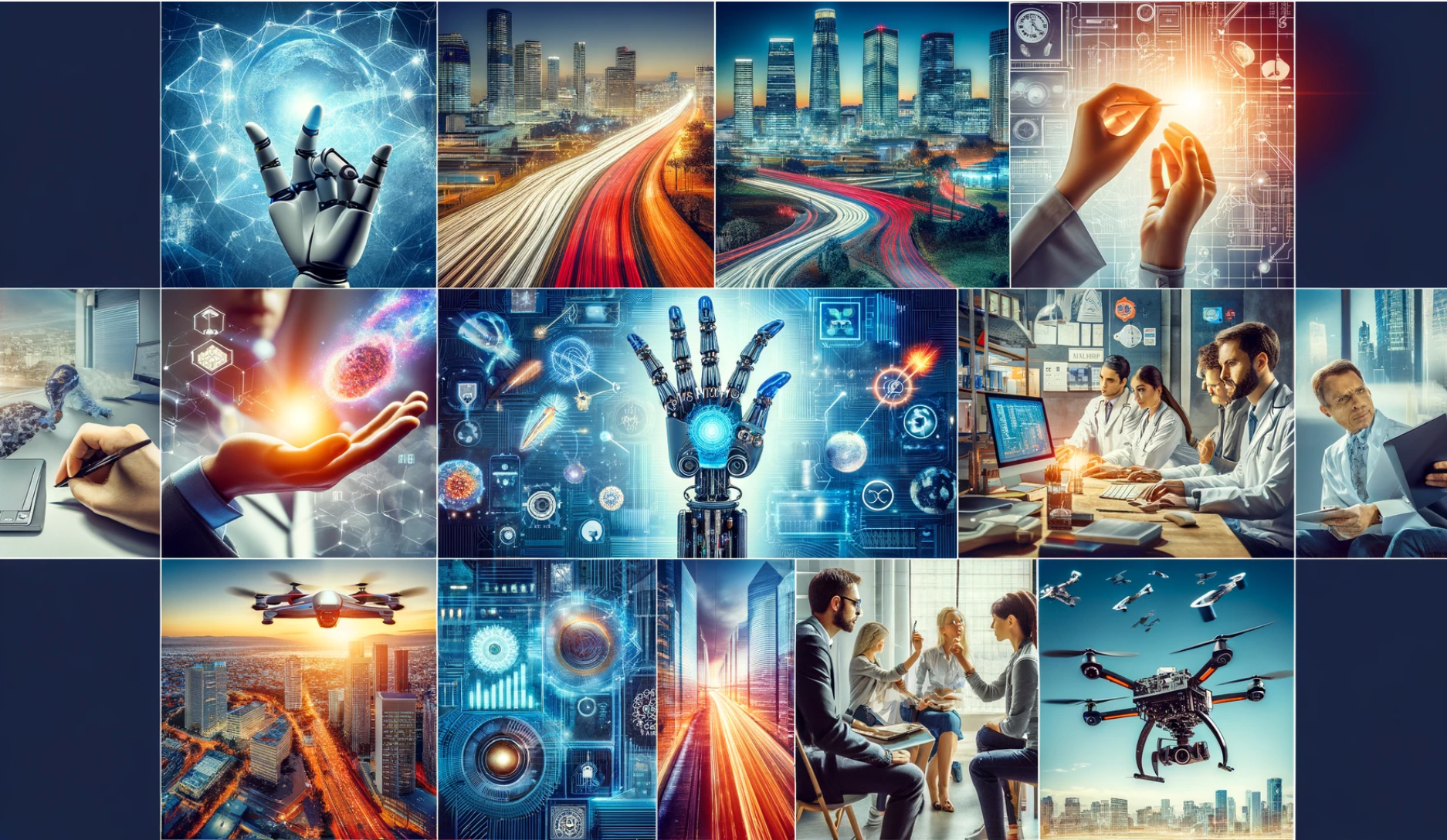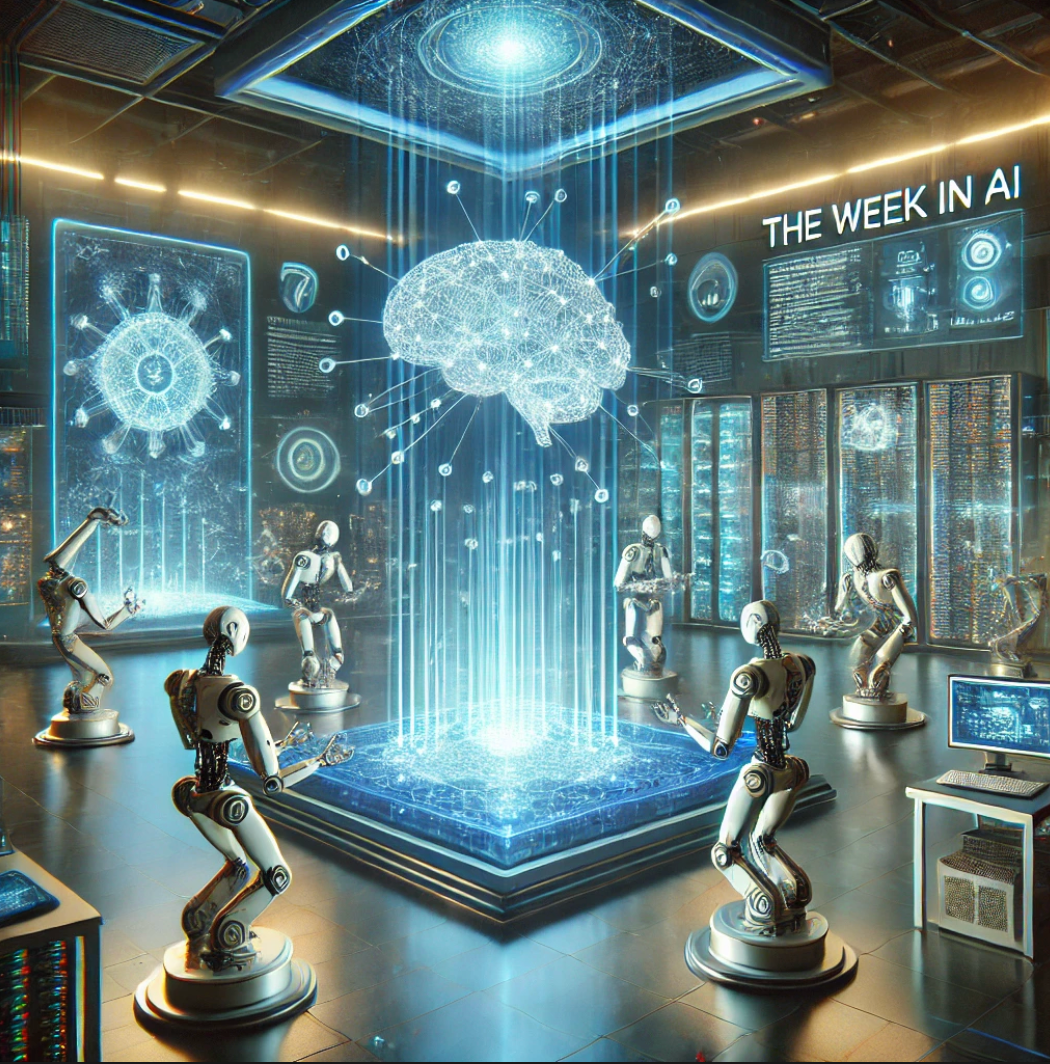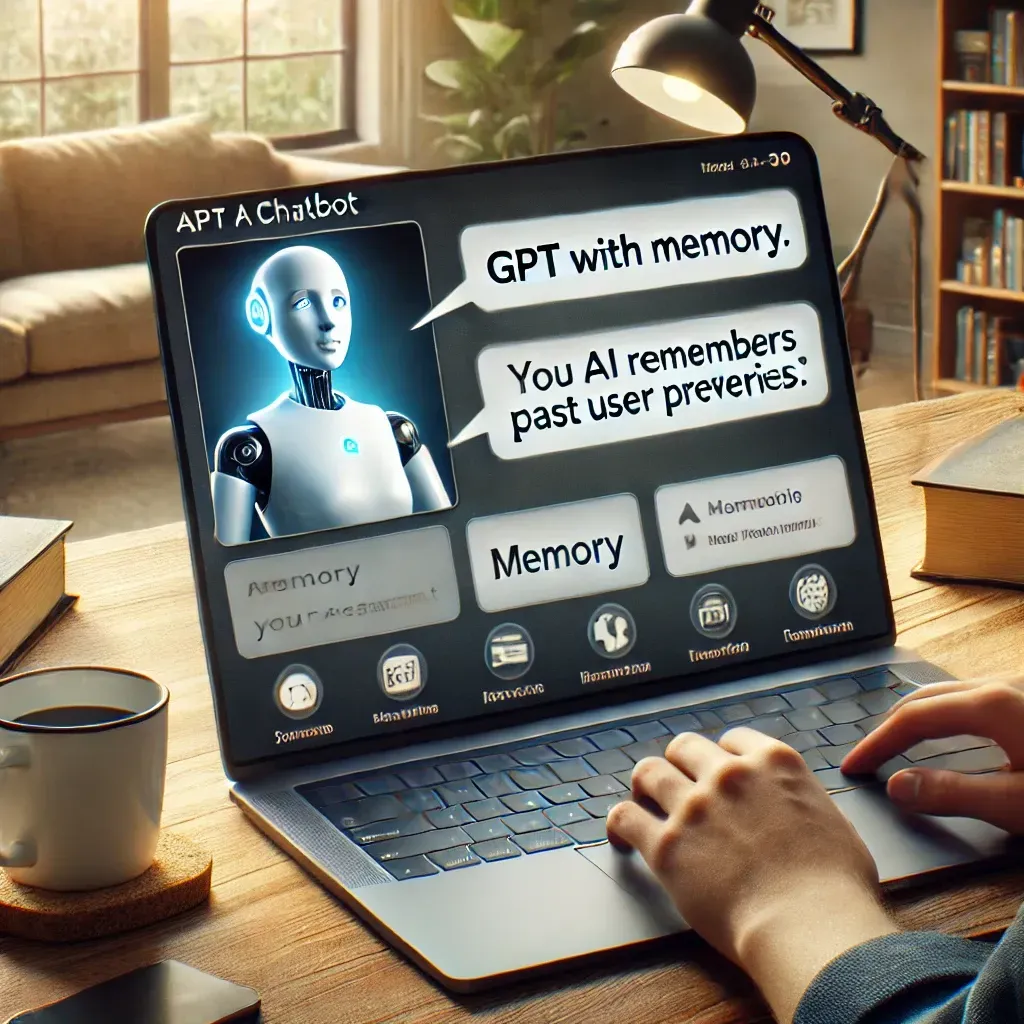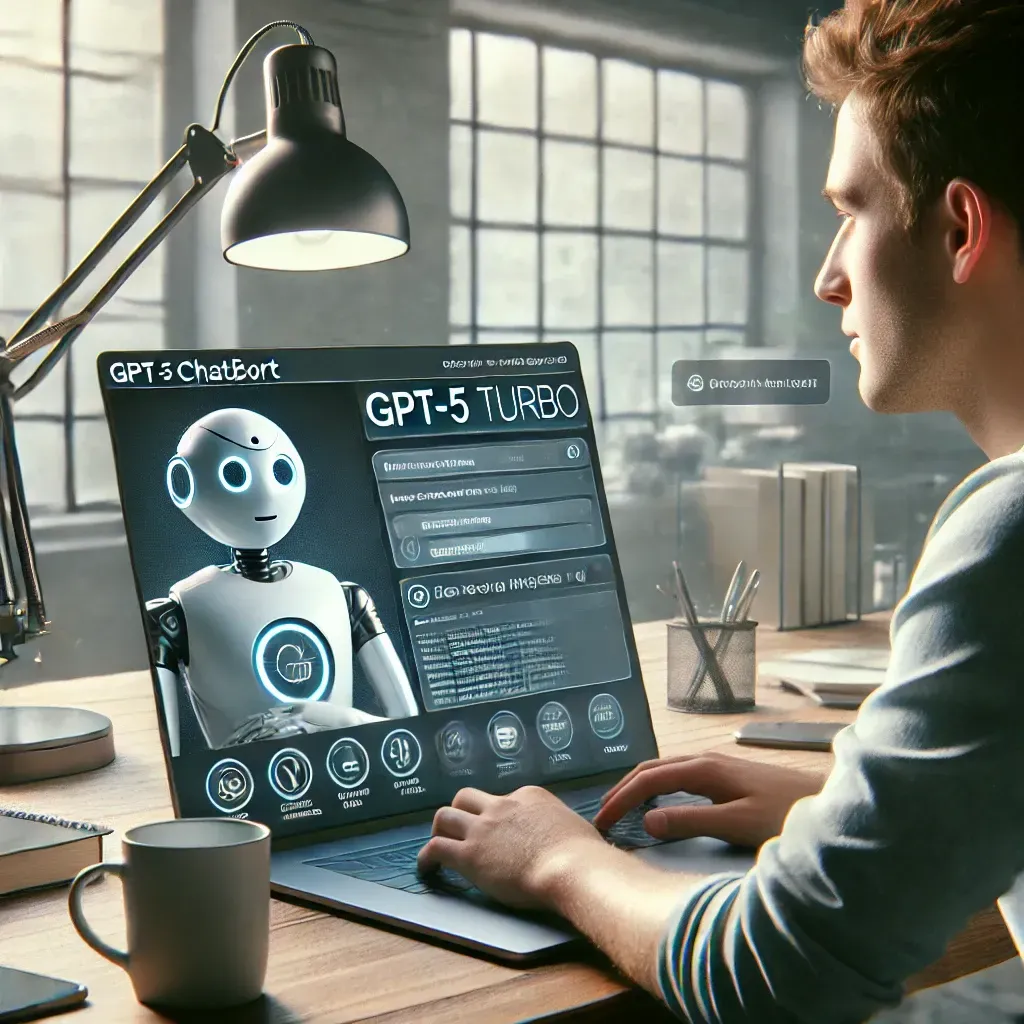Top 5 AI Headlines You Might Have Missed This Week
Deep Dives into a World of Innovation
The world of Artificial Intelligence (AI) is a whirlwind of innovation, constantly pushing the boundaries of what's possible. This week was no exception, with advancements in areas like AI-powered combat, open-source language models, and healthcare diagnostics. Let's delve deeper into the top 5 AI stories that grabbed our attention.
1. AI Takes Flight: Can Machines Master Dogfighting?
Imagine a future where aerial combat is dominated by AI-powered machines, making split-second decisions and executing complex maneuvers at lightning speed. This week, researchers at the US Air Force took a giant leap towards that reality. They successfully trained an AI to pilot an F-16 fighter jet in a simulated dogfight!
Here's what this means:
- Beyond simulation: While fully autonomous fighter jets are still in the distant future, this achievement demonstrates AI's rapidly developing ability to handle complex real-time decision-making in dynamic environments. Imagine AI assisting human pilots, providing tactical recommendations or even taking control in high-stress situations.
- Ethical considerations: The development of AI-powered weaponry raises crucial ethical questions. Who is ultimately responsible for decisions made by an autonomous AI in combat? These questions need careful consideration as AI technology continues to advance.
2. Open-Source Powerhouse: The UAE Enters the AI Race with LaMDA
The race for AI dominance is heating up, and this week, a new player entered the ring. The United Arab Emirates (UAE) unveiled LaMDA, a powerful open-source large language model (LLM). Similar to Google's LaMDA or OpenAI's GPT-3, this AI can generate human-quality text, translate languages, and even write different kinds of creative content.
Why open-source matters: Traditionally, AI research has been dominated by large corporations with vast resources. LaMDA's open-source nature disrupts this paradigm. Here's why:
- Global collaboration: By making the code freely available, LaMDA fosters collaboration between researchers and developers worldwide. This could accelerate advancements in AI research and democratize access to this powerful technology.
- Transparency and trust: Open-source development allows for greater scrutiny and public trust in AI development. This is crucial, as AI becomes increasingly integrated into our daily lives.

3. AI Detects Disease: A New Weapon Against COVID-19?
The fight against COVID-19 continues on multiple fronts, and AI is emerging as a valuable tool. Researchers at a leading medical institute developed an AI system that can analyze lung ultrasound images and identify COVID-19 with impressive accuracy. This technology has the potential to revolutionize COVID-19 diagnosis in several ways:
- Faster diagnosis: AI-powered analysis could significantly reduce the time needed for diagnosis, allowing for quicker intervention and treatment.
- Increased accessibility: Ultrasound technology is more readily available than traditional methods like PCR tests. AI-powered analysis could make COVID-19 diagnosis more accessible in resource-limited regions.
- Reduced healthcare burden: AI could free up healthcare professionals from repetitive tasks, allowing them to focus on more complex patient care issues.
Looking ahead: This development is just a glimpse of how AI can transform healthcare. We might see AI-powered diagnostics becoming commonplace, aiding doctors in early disease detection, personalized treatment plans, and even drug discovery.
4. Building a Better You: AI Analyzes User Motivation, But Can It Change Us?
Large language models have become adept at generating human-quality text and interacting with users in a seemingly intelligent way. But can they truly understand our motivations? A new study suggests otherwise. Researchers found that while current AI struggles to grasp user intent behind written prompts, it can still play a role in behavior change – but with a crucial caveat.
Here's the breakdown:
- AI as a support system: The study suggests that AI can be a valuable tool for providing information and support for individuals already motivated to change their behavior. Imagine an AI-powered fitness coach that tailors workout plans and offers encouragement based on your progress and goals.
- Human guidance remains crucial: AI still lacks the ability to understand the complex web of emotions and motivations that influence our behavior. Effective behavior change strategies often require personalized guidance and support from human experts.
5. Animal Brains Inspire Robots: A Biomimicry Revolution?
The field of robotics is constantly seeking inspiration from the natural world. This week, researchers unveiled a new type of robotic gripper inspired by the intricate movements of an elephant's trunk. This "elephant-inspired gripper" demonstrates the potential of biomimicry – the imitation of nature – in designing robots with greater dexterity and adaptability.
Sign Up For Our Weekly Newsletter and Get Your FREE Ebook " AI For Everyone - Learn the Basics and Embrace the Future"











